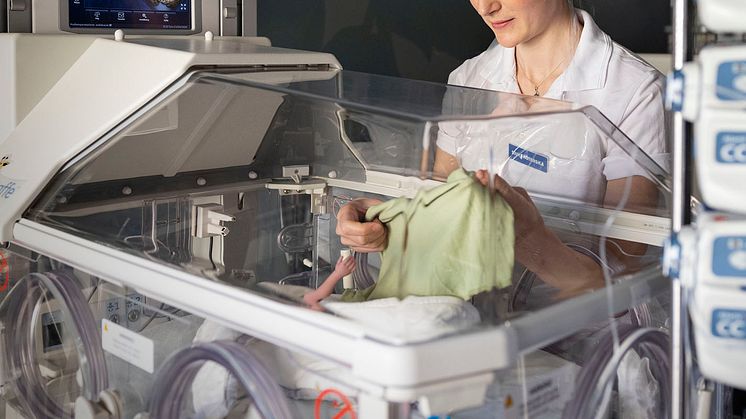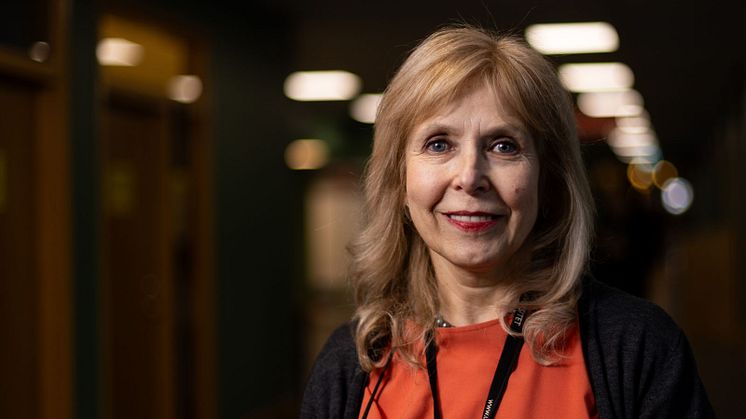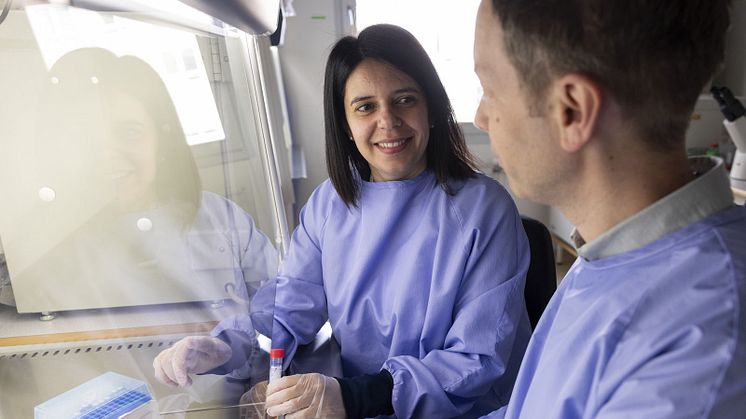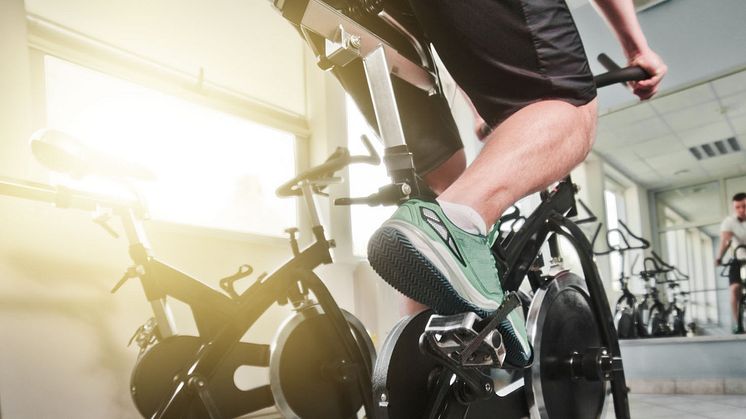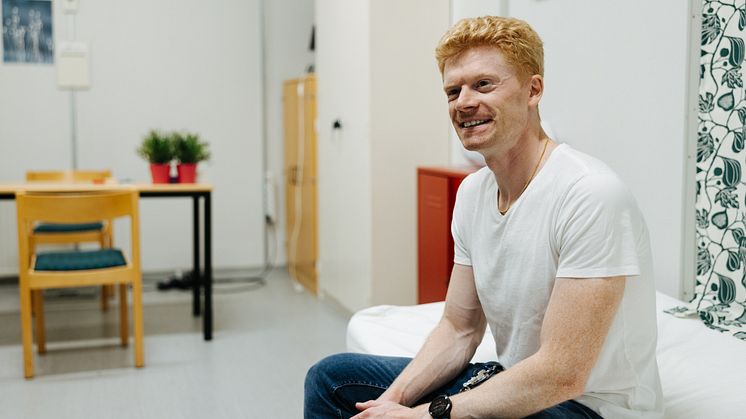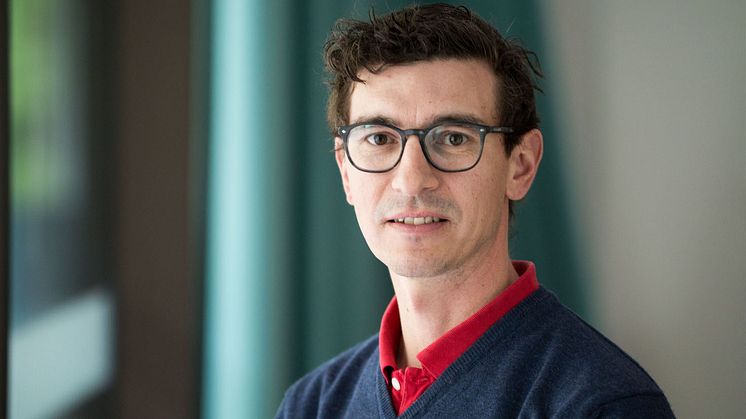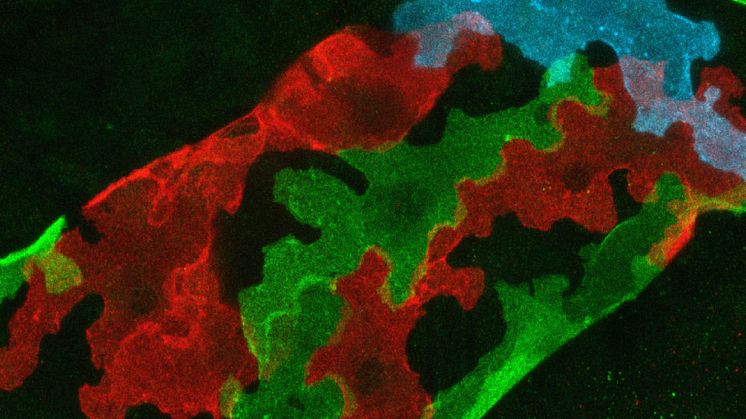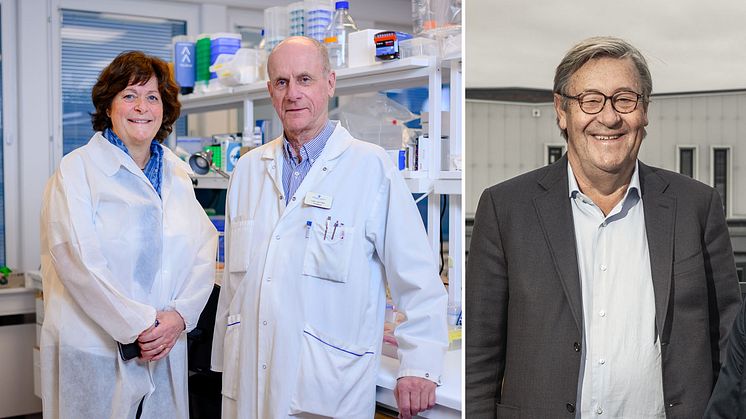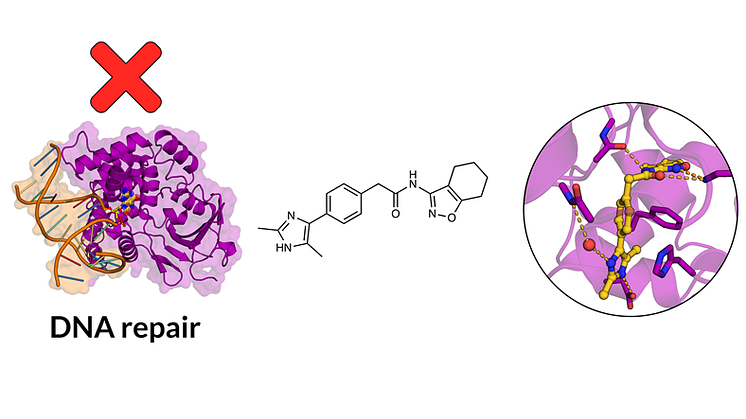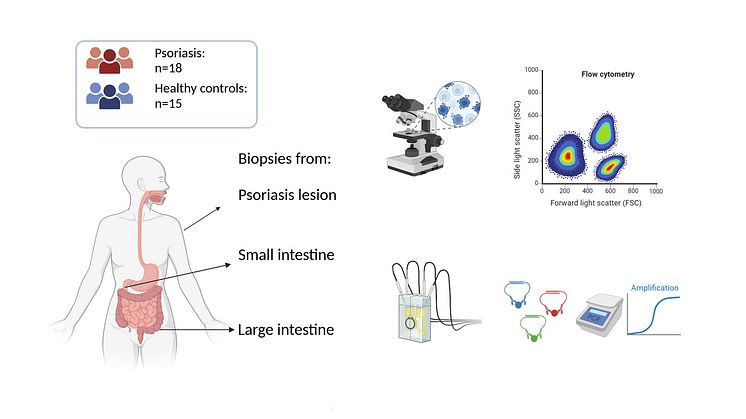How babies are affected by their mother’s age
Giving birth to a child after 40 is becoming more and more common – but it can entail an increased risk to the child. A new study based on data from over 300,000 births in Sweden shows that children of older mothers are more often born prematurely or with complications, especially when the mother is 45 years of age or older.
In large parts of the world, women are having children later and later
